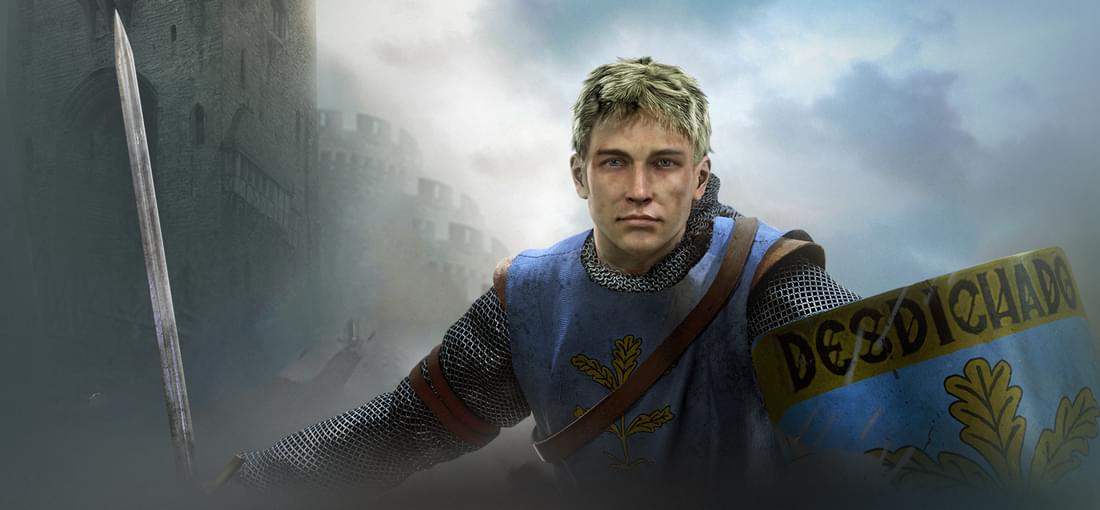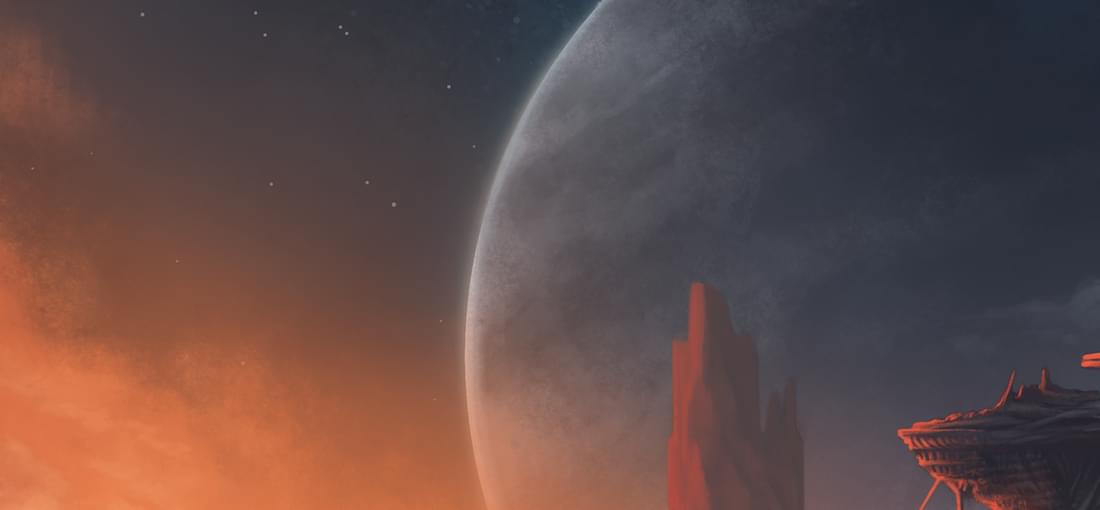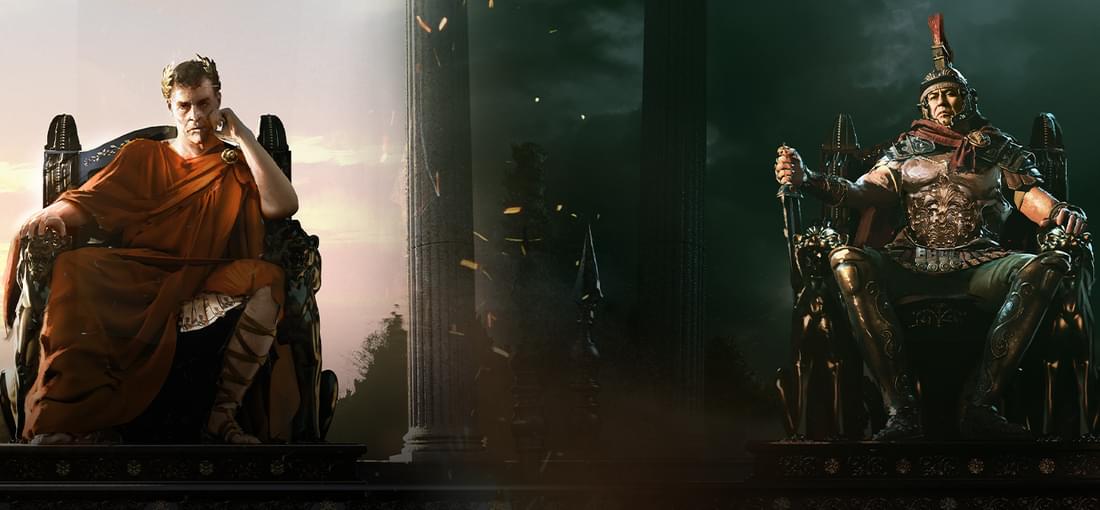


Playing a megacampaign IR to CK2 and wanted to convert to EU4. Thought it would be wise to purchase an official converter. Well... First alarm bell rang when the converted mod for EU4 (which is what your CK2 save game is converted into) was flagged as a mod for a previous version of EU4. Clearly the converter is not updated in line with the updates for EU4. Went ahead and launched the game to be confronted with all of Europe being labelled as "no culture no religion". Yes, Christianity did not take off in my game but according to the wiki entry all unreformed pagans should be converted to Animists. Did not happen in my case for any of the pagans in Europe. So, instead I downloaded the CK2 > EU4 converter which is developed by the same guys that did IR > CK2 converter. Worked way better, provided options on conversion (such as how to create a Holy Roman empire, break up big empires etc) and I was able to play my country on without any glitches so far. In short, this converter is a waste of money, get a free one instead. Thank you, GOG, for the refund btw!

Tender Loving Care is one of those 90s experiments, a mix of a movie and a game. And I think it is this duality that is the problem; whoever made TLC was way better at making movies than games. This one feels badly thought out or even unfinished in places and I lost my enthusiasm for the game pretty quickly, ploughing on to the end (twice) more out of stubborness than any real enjoyment. At the beginning you are tasked with figuring out events that went on in a certain house (so something that happened in the past). However, once you start the game you actually interract with the house and its inhabitants (some of whom address you directly) in the present, although time travel is definitely not a possibility in this setting. This is already an indication that the game was badly thought out and it does not get better from there. Essentially the game has three modes: you are watching movie clips about what is happening or listening to the characters expressing their inner thoughts, you are looking around the house for clues and once you are done with that you can move the game on to the next phase by taking a psychological assessment and a quiz. No problem with the first activity, the movie part is pretty good. Searching around the house however, becomes very dull very quickly, there is far too little to find, some items remain where they are throughout the game and do not change (although you have to check them just in case). The psychology part gives you some short evaluation at the end, which seems to have no impact on the game and of no interest, although the quiz does influence the ending you will get. The cycle repeats for each phase which can only hold your attention for so long. Not long enough to make it an enjoyable game. Overall, I would struggle to recommend it to anyone. If you are into branching stories and making choices affecting the eventual ending you may be better off picking up a visual novel. There are tonnes out there that are way better.

Disclaimer: played one full game on easy no DLCs installed. Being a fan of other Paradox titles I decided to give this one a go. At the beginning I was not disappointed, standard Paradox setup fitted well to the space exploration theme with some obvious influence from Sid Meier's Alpha Centauri. I enjoyed slowly exploring the universe, colonising, building, discovering the lore etc. So far it was a solid 4X title with pretty graphics and excellent music. The trouble started in the last third of the game once my empire was well set up and exploration, by and large, was done. At that point you simply run out of interesting things to do. Sure, you can go to war or contunue building, but the trouble with the first option is that wars require far too much micromanagement as with the development of wormholes and gateways enemy ships can appear from all sorts of directions and chasing those around the map is simply irritating. The trouble with the second option is that the resources that were scarce at the beginning become plentiful and you would soon have too much of everything and really have no idea what to do with it all. In short, wars are full of micromanagement and 'whack-a-mole' running around and building simply ceases to be interesting. To conclude, it seems that Paradox made a good game that simply lacks focus towards the end. The 'crisis', which seemingly is supposed to take care of that is simply another war you would have to participate in (see above on what is wrong with wars in Stellaris). I would have loved something along the lines of uber-project (i.e. spaceship) in Civ, missions in Imperator or Transcendence in Alpha Centauri to spice things up. Instead, the last 50 years I was almost forcing myself to play just to see what happens at the end and, having reached the victory screen, quit the game with relief. Maybe DLCs fix the issue? To be honest, I don't think I will bother finding out.

Disclaimer: I had not played this game prior to the Marius update. Having previously played and enjoyed CK, EU and Victoria I was sorely tempted to try out Imperator, even though the frequent bad reviews that appeared while searching for more information on the web made sure that the decision was not taken too hastily. In the end I purchased it and played it a couple of days after the Marius update and.... have not stopped since :) The game differs from other Paradox titles that I have played in that this is very much about empire-building and conquest of large amounts of territory is much easier and actively encouraged (in fact it has been proved that it is possible to conquer the entire map). However, this is not a wargame and there is plenty of empire management (trade, culture, finances, religion, government etc), to take your attention away from conflict. The key ingredient for me is definitely there: you are able to adopt vastly different strategies and have very different games as a result on subsequent playthroughs. The biggest downside in this case is that the game definitely feels a bit unfinished, there is definite focus on the Hellenic world, with most other regions not having much of its own flavour. However, there is still enough variety in the game as far as I am concerned to keep coming back to the game as soon as the previous campaign is done. It is a huge shame that Paradox have stopped the development in 2021 (yes, I would not mind buying more DLCs!), but I hope that new converts will persuade the company to come back to this rough, unpolished diamond. With 500+ hours already sunk into it I will keep hoping
Avadon is pretty solid and surprisingly addictive RPG, with an above average storyline and focus on action. It will not be enjoyed by everybody, but it deserves a try if you can get past the obvious flaws. To put it simply, the positives far outweigh the negatives. Graphics and sound is what may put you off straight away. The sound effects are poor; just turn it off and put on some music instead;) Graphics belong in the mid-90s and also add very little to the immersion. They also make it very difficult to spot certain items on the ground. However, for someone whose favourite game is Dwarf Fortress this did not put me off at all. To me the storyline is where these kind of games stand or fall and here the creators did a good job. Too many of these games turn the storyline into a good v evil battle, where good is without reproach and evil is just, you know, dark, ugly and bad. Instead Avadon uses politics to drive the story, all main and side quests are basically about a power struggle amongst various states, which makes it more difficult to determine which actions are actually good or evil. There is no Lawful Good to be found here and sometimes all choices lead to death and destruction for all, innocent or guilty. I also enjoyed the fact that this RPG has been stripped of many elements which seem mandatory in many other RPGs. There is no character creation stage, you simply pick one of 4 classes and dive straight in, improving your character as you go along. There is no weight limit for what you may carry(only what you wear), movement across the map is fast, there is no need to go back to an inn for rest and there is no mana for spell casters. Essentially, the game wants you to pick it up and get straight into the action, which does lead to those 15min game sessions extending into hours without warning:) Finally, I cannot give it a higher recommendation than to say - I have just finished it, but I will start replaying it as soon as I finish this review;) Try it!